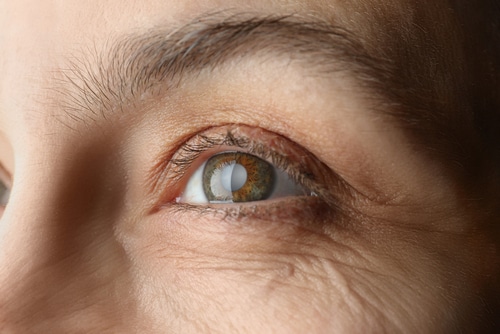
Cataracts, a common eye condition often associated with aging, can impact your vision and overall quality of life. Understanding the symptoms of cataracts can help you seek timely medical attention and explore appropriate treatment options.
Keep reading to learn more about cataracts, including the most common symptoms of this eye condition!
What Are Cataracts?
Before delving into the symptoms, it’s essential to understand what cataracts are. Cataracts are the clouding of the natural lens in the eye, which is responsible for focusing light onto the retina and allowing us to see clearly.
As cataracts develop, they can obstruct the passage of light and lead to various vision-related issues. When cataracts first appear, they may not cause many noticeable symptoms.
However, over time, as the cataracts grow, vision will begin to be more and more affected.
What Symptoms Are Caused by Cataracts?
There are many symptoms that can be associated with cataracts. These symptoms can vary from person to person in onset time and severity.
Blurry Vision
Blurriness is one of the hallmark symptoms of cataracts. You may notice that your vision becomes increasingly hazy or cloudy, making it difficult to see fine details.
Difficulty Seeing in Low Light
Cataracts can make it challenging to see in dimly lit environments. Night driving or reading in low light may become more difficult.
Sensitivity to Glare
Many individuals with cataracts experience increased sensitivity to bright lights, such as sunlight or headlights at night. Glare can be exceptionally bothersome.
Faded or Dull Colors
Colors may appear less vibrant or seem to have a yellowish or brownish tint. This can affect your ability to distinguish between colors.
Frequent Changes in Prescription
If you find that you need to change your glasses prescription more frequently than usual, it could be due to the progression of cataracts.
Double Vision
Cataracts can cause double vision in one eye or both eyes. This can be especially problematic for tasks that require precise depth perception.
If you notice any of these symptoms, it’s important to visit your eye doctor at Colorado Eye Consultants for an evaluation. Your eye doctor can determine what is causing your symptoms and develop a treatment plan to help improve them.
How Are Cataracts Diagnosed?
Your eye doctor can diagnose cataracts through a comprehensive eye examination. The examination may involve visual acuity tests, pupil dilation, and a thorough evaluation of the lens’s clarity and other structures within the eye.
If cataracts are detected, your eye doctor will discuss treatment options. When you are first diagnosed with cataracts, you may not need cataract surgery right away.
Your eye doctor may recommend some lifestyle changes and updating your glasses prescription until your cataract symptoms begin to interfere with your everyday life.
Can Cataracts Cause Permanent Vision Loss?
If left untreated, cataracts can lead to gradual vision deterioration over time. However, the good news is that cataract surgery is a highly effective and common procedure to remove the clouded lens and replace it with an artificial intraocular lens (IOL).
This short and safe procedure can restore clear vision and significantly improve your quality of life. Recognizing the symptoms of cataracts is crucial for seeking timely medical intervention.
Early diagnosis and appropriate management can help preserve your vision and enhance your overall well-being.
Do you think you may be experiencing symptoms of cataracts? Schedule an appointment at Colorado Eye Consultants in Littleton, CO, today!

